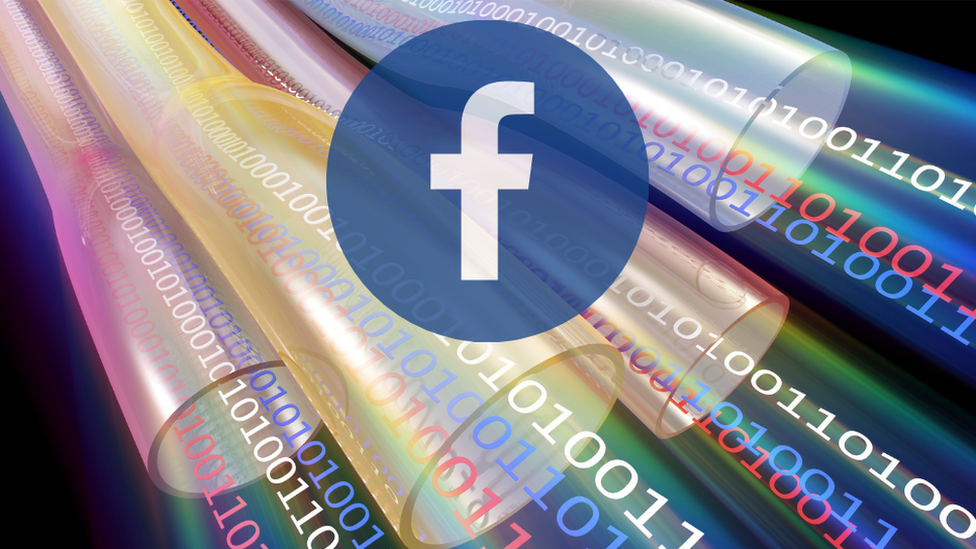Facebook undersea cable to boost South East Asia internet
- Published

Facebook and Google are planning two new undersea internet cables to connect South East Asia to North America.
The project with regional telecoms companies aims to supply faster internet to Singapore and Indonesia.
This comes after Facebook withdrew three projects to connect the US to Hong Kong with similar cables, following government concerns over spying.
The cables require regulatory approval from the national governments involved.
тАЬNamed Echo and Bifrost, those will be the first two cables to go through a new diverse route crossing the Java Sea, and they will increase overall subsea capacity in the trans-Pacific by about 70%,тАЭ Kevin Salvadori, Facebook vice president of network investments, told Reuters news agency.
The cables will be the first to directly connect North America to the main parts of Indonesia, Facebook added.
Echo is due to be completed by 2023, in partnership with Google and Indonesian telecoms company XL Axiata. Bifrost is planned to be completed a year later.
Internet use
Although more than 73% of IndonesiaтАЩs population use the internet, the majority access it through mobile data.
Less than 10% use fixed-line broadband, a 2020 survey by the Indonesian Internet Providers Association found.
Facebook said last year it would build 3,000 km (1,8641 miles) of fibre in Indonesia across 20 cities, in addition to a previous deal to develop public wi-fi hot spots.
The tech giant would also continue efforts on the Pacific Light Cable Network (PLCN), Mr Salvadori said.
тАЬWe are working with partners and regulators to meet all of the concerns that people have, and we look forward to that cable being a valuable, productive trans-Pacific cable,тАЭ he added.
Previous efforts
The PLCN - funded by Facebook and Alphabet, GoogleтАЩs parent company - was originally intended to link the United States, Taiwan, Hong Kong and the Philippines.
These plans were withdrawn last year following national security concerns raised by the Trump administration, but Facebook confirmed it was still working on them.
A separate proposal with Amazon to connect San Francisco with Hong Kong through undersea cables was also abandoned last year.
Earlier this month, a further scheme known as the Hong Kong-Americas project was also dropped by Facebook because of тАЬongoing concerns from the US government about direct communication links between the United States and Hong KongтАЭ.
Facebook said it would тАЬreconfigureтАЭ the plans to meet US government concerns.
- Published31 August 2020
- Published15 May 2020
- Published5 July 2012